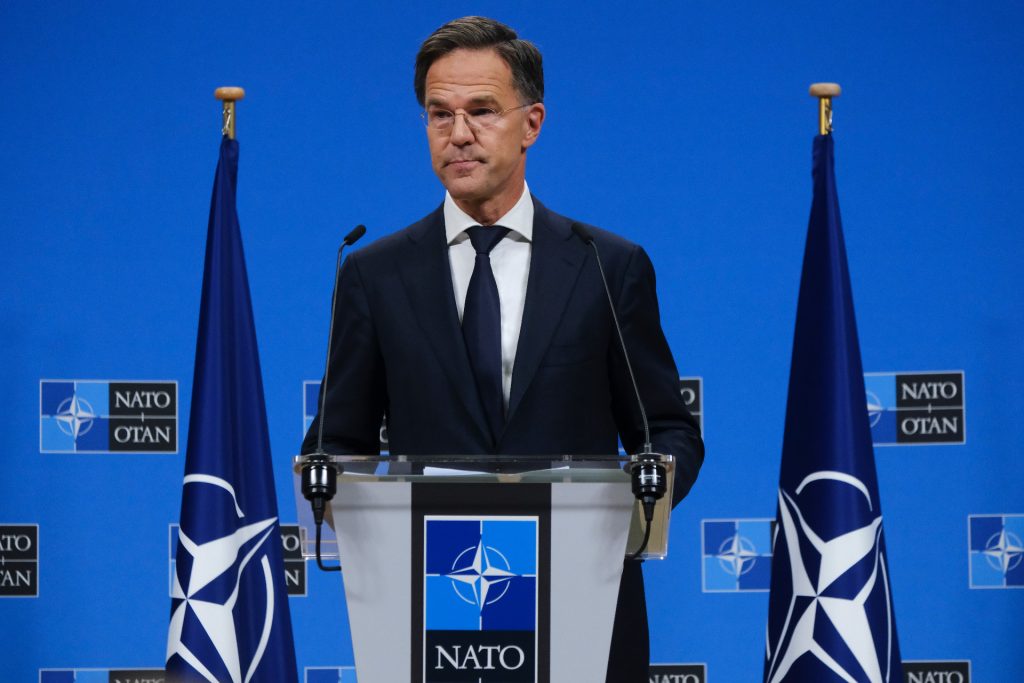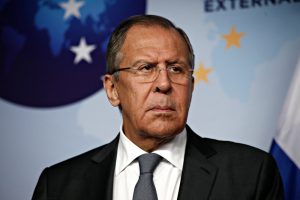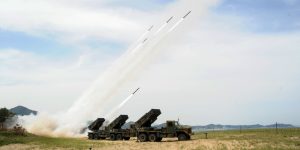NATO Secretary General Mark Rutte announces that alliance countries will soon face higher defense spending obligations to address critical security gaps.
Others are reading now
Amid heightened geopolitical tensions, NATO and European Union leaders have agreed to significantly raise defense budgets in response to growing security concerns, particularly from Russia.
According to Portal Obronny, the alliance is set to revise its current commitment of allocating at least 2% of GDP to defense spending, a standard established in 2014.
Strengthening Europe’s Defense
Speaking at the EU summit in Brussels on February 3, Secretary General Mark Rutte underscored the need for increased defense investments.
“We must enhance defense spending and ramp up military production,” Rutte stated. He added that the final decision on new spending thresholds will be made in 2025 after assessing each NATO member’s security needs and capabilities.
Also read
European leaders have agreed to address critical military gaps, including air and missile defense, ammunition stocks, and transport logistics.
European Commission President Ursula von der Leyen emphasized the urgency of boosting defense capabilities, noting that years of underinvestment had left many countries vulnerable.
“Europe needs a fundamental increase in defense spending,” von der Leyen said. “To achieve this, we must strengthen our industrial base in the defense sector.”
The EU, which collectively spent an average of 1.9% of GDP on defense in 2024, is projected to require an additional €500 billion over the next decade to fill critical security shortfalls.
Funding Challenges and International Coordination
Despite the consensus on increasing military spending, questions remain about how these expenditures will be financed.
While the European Commission is exploring ways to provide greater flexibility in national budgets, detailed funding agreements have not yet been reached.
NATO’s enhanced defense measures will also extend to Arctic security, a region of growing strategic importance.
Rutte highlighted the need for stronger cooperation between NATO members, including the United States, Canada, and Scandinavian countries, to counter Chinese and Russian activities in the Arctic.
This announcement comes as U.S. officials, including Vice President JD Vance, have criticized Denmark’s management of Arctic shipping lanes near Greenland.
Denmark’s Prime Minister Mette Frederiksen reaffirmed her country’s commitment to defense cooperation, stressing that Denmark remains a key U.S. ally.
The coming months will be critical as NATO and EU members work to finalize their defense spending plans and strengthen their collective security framework in response to evolving global threats.








